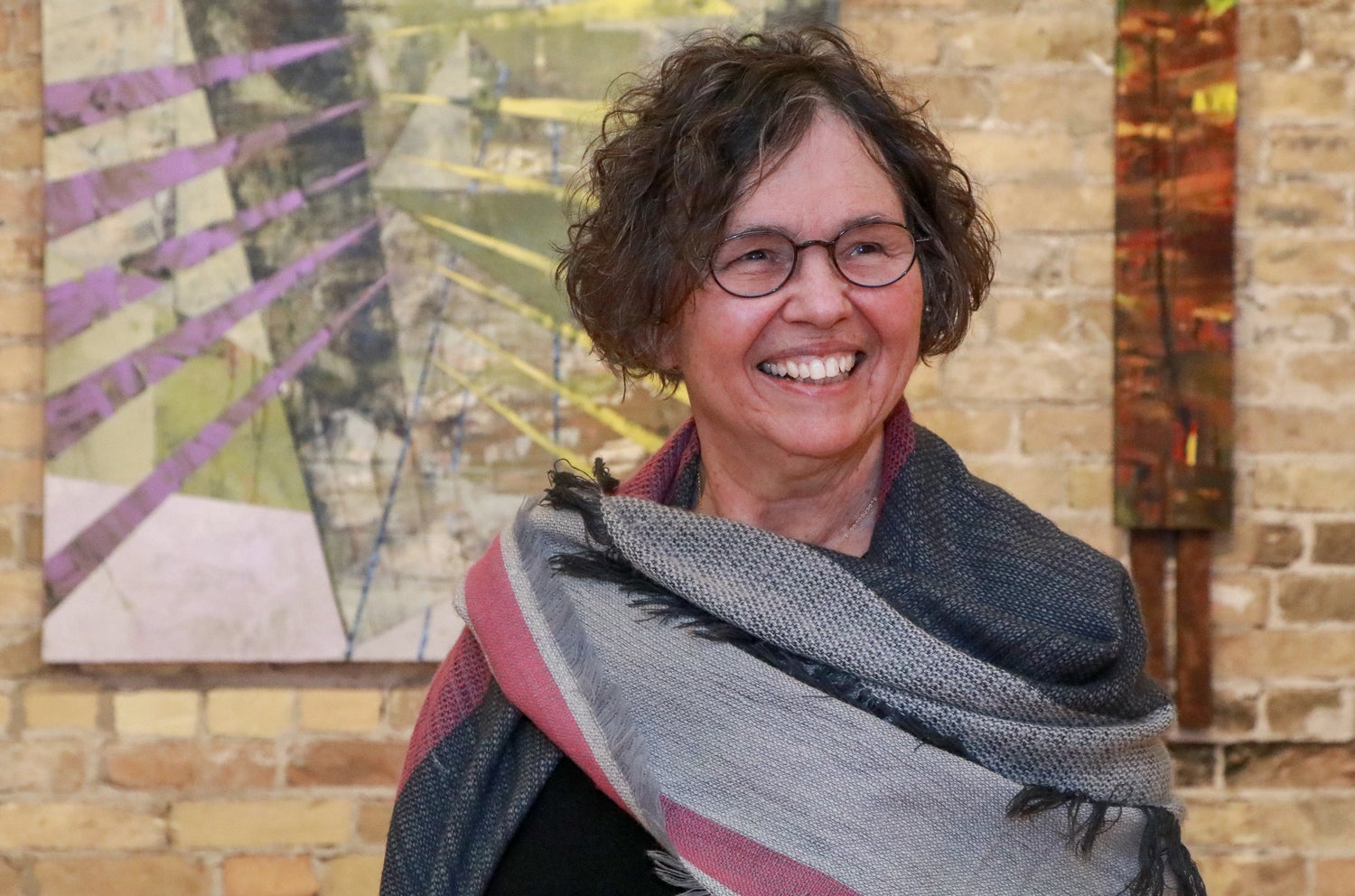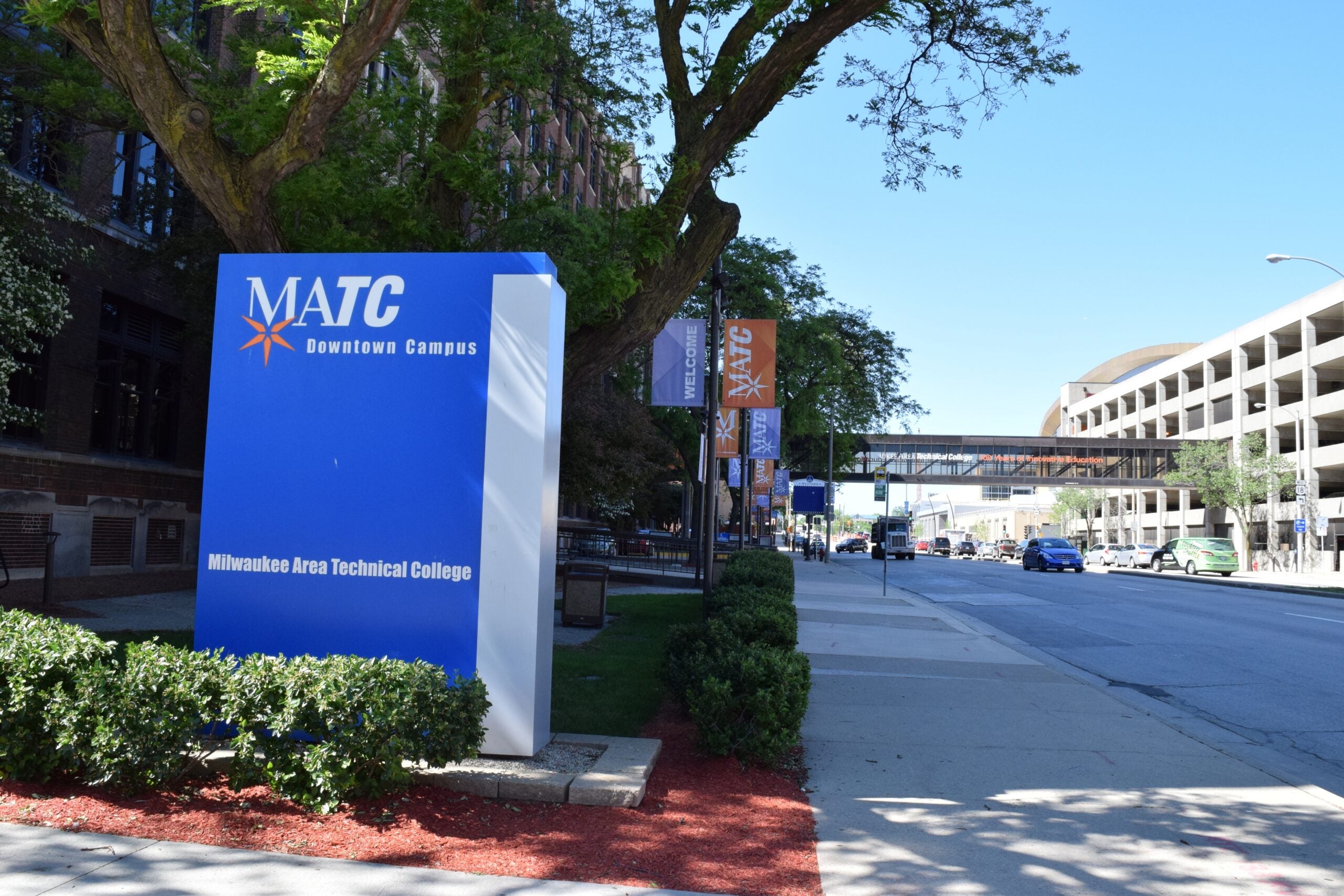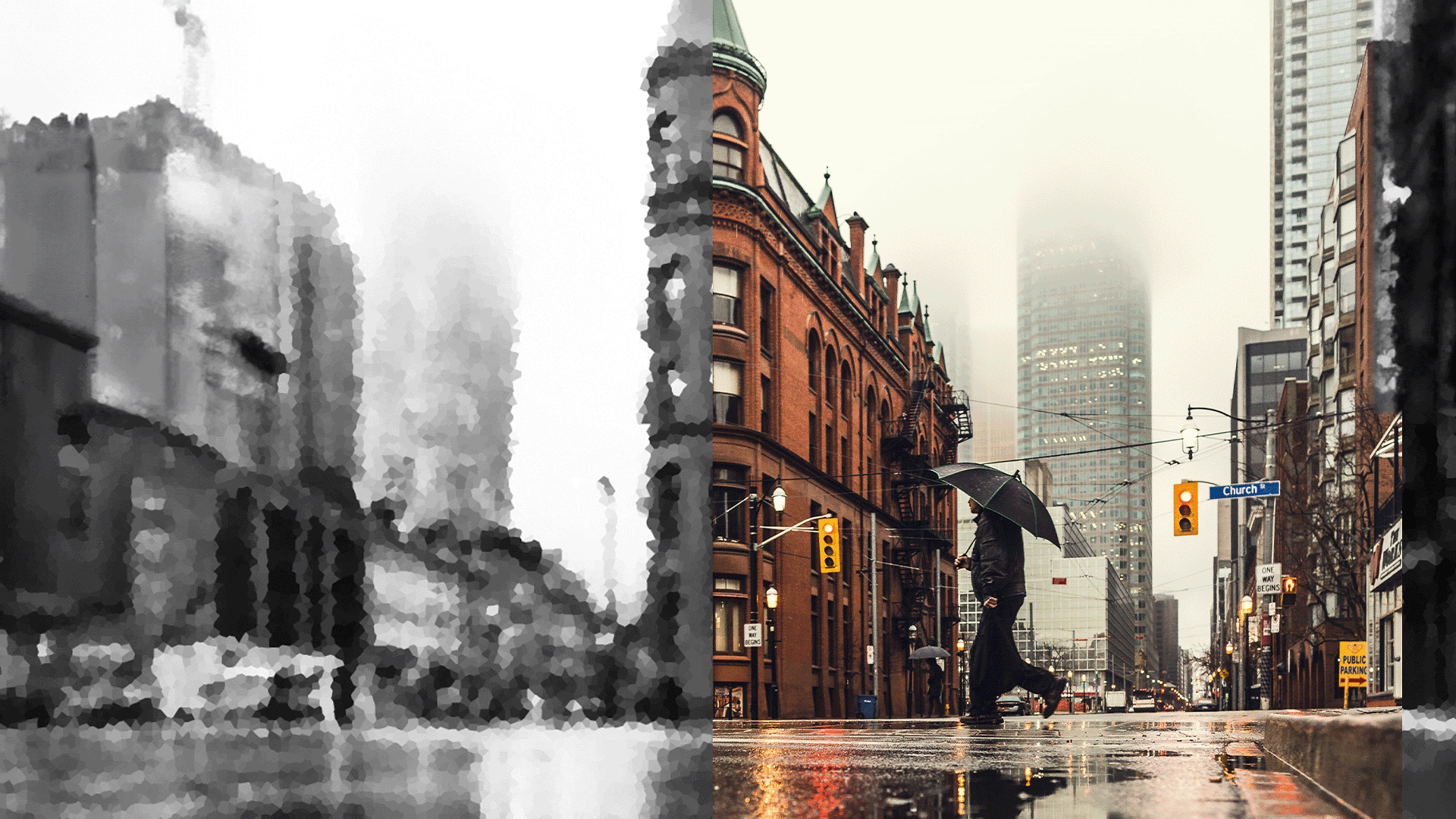Peggy Rozga says her poetry is a practice in seeing.
Poems such as Rozga’s “Family Matters,” which is about a photograph of her mother at a party, are in response to a slowed-down, watchful view of the world that brings into focus things easily missed.
“I also think poetry offers us another way of knowing,” said Rozga, a civil rights activist who was named the state’s newest poetry ambassador for a two-year term, through 2020. “Most of the time we learn about something by analyzing it — by breaking it into parts. Poetry works by bringing things together.”
Stay informed on the latest news
Sign up for WPR’s email newsletter.
A Milwaukee native, Rozga is a professor emerita of English at the University of Wisconsin-Waukesha and is the author of several books including “200 Nights and One Day,” which focuses on the Milwaukee fair housing struggle in the late 1960s.
Rozga teaches a poetry workshop for continuing education at the university and said being named the poet laureate is a “great thrill.”
Rozga’s appointment, announced Monday, succeeds that of Kara Huston, of Appleton. Other former poet laureates include Kimberly Blaeser of the Town of Lyons, Max Garland of Eau Claire and Bruce Dethlefsen of Westfield.
Part of Rozga’s charge is to give readings, presentations and workshops in various parts of the state to promote interest in poetry and creativity.
She has been asked by the Poet Laureate Commission to develop a project, and as part of that Rozga said she’d like to get a conversation started about poetry by first getting people to think about what their favorite poems are. She has begun by asking members of the Milwaukee Common Council to name their favorites.
“There is this feeling that poetry is removed,” she said. “But I think all of us have a poem that we feel in love with at some point.”
Rozga, who continues to live in Milwaukee, said she developed a love for poetry from a junior-year high school English teacher who assigned poetry to memorize and recite together as a class.
“I still remember some of those poems today,” she said, noting she started to write poetry with the intent to publish in the early 1990s.
For those looking to enjoy poetry but aren’t sure where to start, Rozga recommended checking out former Poet Laureate Blaeser’s poetry project, which features videos of poetry fans reading their favorite pieces.
Rozga also will continue posting to the Poet Laureate’s Facebook page every Friday with favorite lines that usually include a link to the entire poem.
The poem, “Cake and Lemonade for Neighbors” by Rozga was published as part of the 50th anniversary of Milwaukee’s fair housing marches, and relishes Rozga’s own daydream of a more inclusive community. The poem is in Rozga’s book, “Where I Want to Live: Poems for Fair and Affordable Housing.”
‘Cake And Lemonade For Neighbors’
Where I want to live
neighbors gather
on front porches, watch
their children play
across multiple front yards, laugh
in Spanish, Arabic, Burmese, English, talk
about back-in-the-day, share
sweet and savory snacks, lend
each other a cup of sugar or flour, borrow
hedge trimmers, a shovel, or rake, help
with chores when need be, apologize
when need be, offer
a word of advice (not more), drum,
strum guitars, and pluck banjos, make
a little noise sometimes, sometimes bring
out a kitchen chair so everyone finds
a comfortable place to sit
on the unscreened
wide or narrow porch
or on the stoop. Some-
times just enjoy all
black brown white
golden quiet together
Wisconsin Public Radio, © Copyright 2024, Board of Regents of the University of Wisconsin System and Wisconsin Educational Communications Board.





